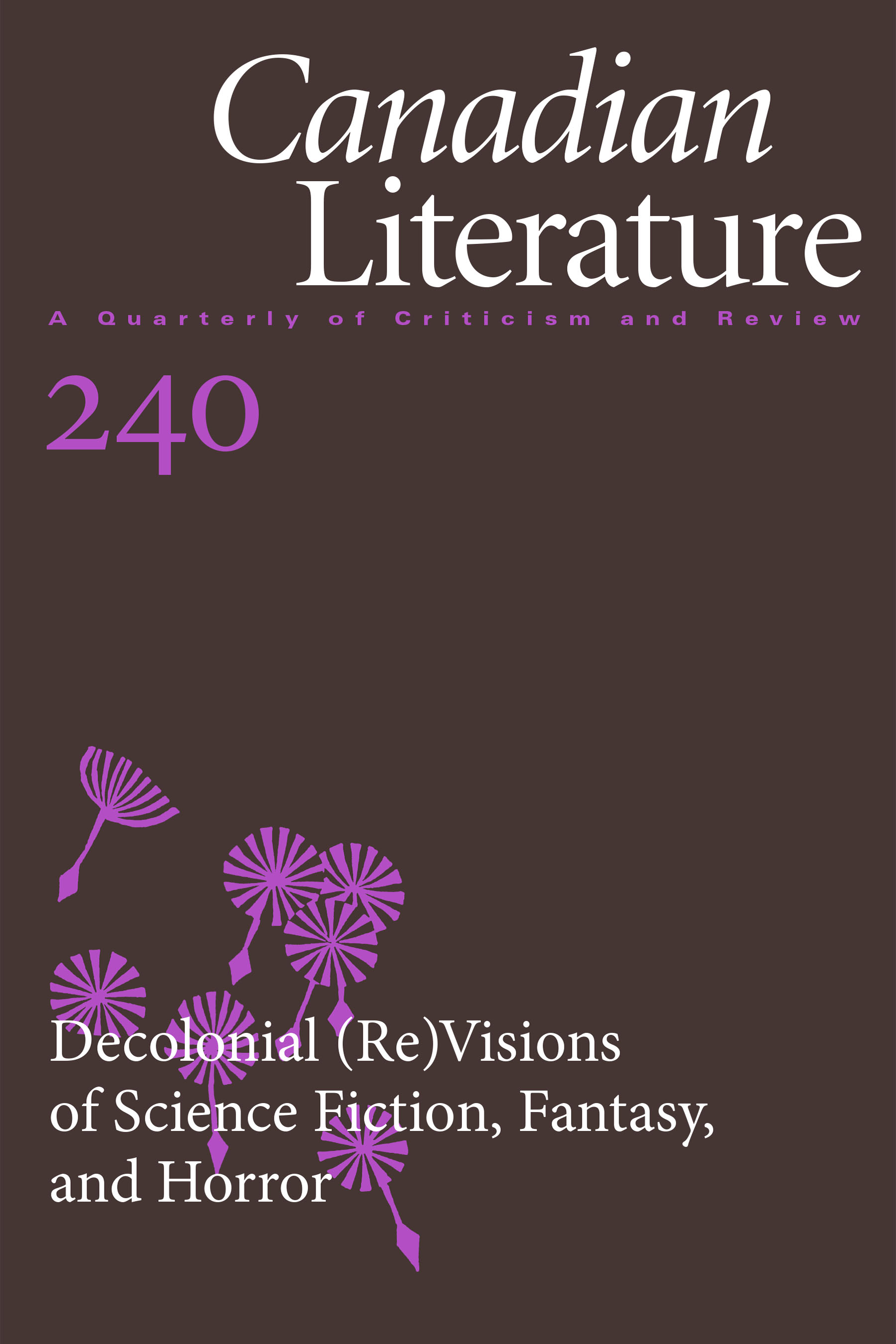Canadian Postwar Book Diplomacy and Settler Contradiction
DOI:
https://doi.org/10.14288/cl.vi240.192150Abstract
A standard narrative in the literary history of English Canada is that literary culture was able to “develop” in the wake of the 1951 Massey Report, finally “arriving” in the years between the late 1950s and the mid-1970s. This essay offers another view of this period, analyzing not the smooth developmental momentum but rather the contradiction and disavowal that attended one of the federal government’s first direct forms of support for the book, which came in the form of postwar book diplomacy efforts. Using Anna Johnston and Allan Lawson's theorization of settler colonialism, the essay analyzes how these book diplomacy undertakings exemplify the "double inscription of authority and authenticity" of settler contradiction. As the Imperium shifted across the Atlantic in the decade that followed the close of the Second World War, the settler nation struggled to locate itself anew in relation to its doubled, desired, and disavowed origins.


